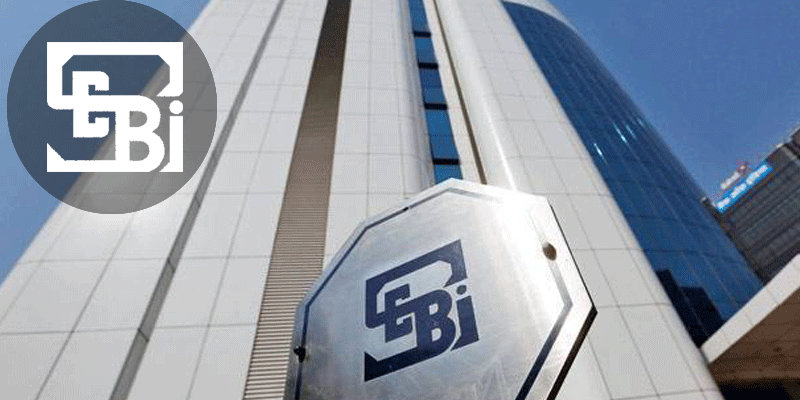To ensure that index funds and exchange-traded funds (ETF) replicate their benchmark indices more effectively, the markets regulator, the Securities and Exchange Board of India (SEBI), has suggested the removal of the restriction on investing up to 25% of their net assets in group companies or sponsors for these funds.
The markets regulator’s proposal allows index funds and ETFs to invest in listed companies’ shares that belong to group companies of the sponsor to the extent that aligns with their benchmark indices.
As part of ease of doing business proposals for mutual funds, SEBI has put forth this suggestion for discussion in a paper it came out with on February 23, 2024.
The markets regulator has constituted working groups to recommend steps in various capital market areas that it oversees to make it easier for firms such as mutual funds and so on to conduct their business. SEBI’s recent discussion paper is part of one of its working group’s recommendations.
Under current regulations, mutual fund schemes cannot invest arbitrarily in underlying shares and bonds of companies. For example, no mutual fund scheme can invest over 10% of its Net Asset Value (NAV) in shares of a single business entity or company.
The total exposure of the scheme to listed equity shares of group companies of the sponsor is capped at 25% of its net assets. However, as per SEBI rules for index funds and ETFs, a single company is allowed to have a maximum of 35% weight in a sector or thematic benchmark index.
For passive funds to mirror their benchmark indices in an easier and more close manner, the markets regulator has now proposed to relax the 25% upper cap restriction for such funds.
The relaxation of the requirement of having a separate and dedicated fund manager in a scheme that invests in gold, silver, and other commodities and foreign assets is among other suggestions made by SEBI.
The markets regulator has noted that having dedicated managers in schemes that diversify in such assets (for instance, domestic equity funds that also invest a part of their corpora overseas or multi-asset funds that invest in gold or silver) over and above the usual fund managers of those schemes might be a costly affair.
Furthermore, Assets Management Companies (AMCs) or fund houses might already have dedicated research analysts in their teams who would be tracking such asset classes. So, a dedicated fund manager might not be necessary to track commodities and foreign investments, SEBI has proposed in its discussion paper.
Also, in the case of jointly-held mutual fund folios, SEBI has proposed to make nominations optional. The working group, set up by SEBI to suggest ease of doing business for mutual funds, has suggested to the markets regulator that since the second holder takes legal precedence over a nominee in terms of being a legal heir, there is no need to make nominations mandatory for jointly-held folios.
In addition, the markets regulator noted that this would also solve the issue of having to take all joint holders’ consent to approve or change a nominee, a requirement that the working group noted was burdensome. The markets regulator has invited comments or suggestions from various stakeholders by March 15, 2024.

Rajiv is an independent editorial consultant for the last decade. Prior to this, he worked as a full-time journalist associated with various prominent print media houses. In his spare time, he loves to paint on canvas.





